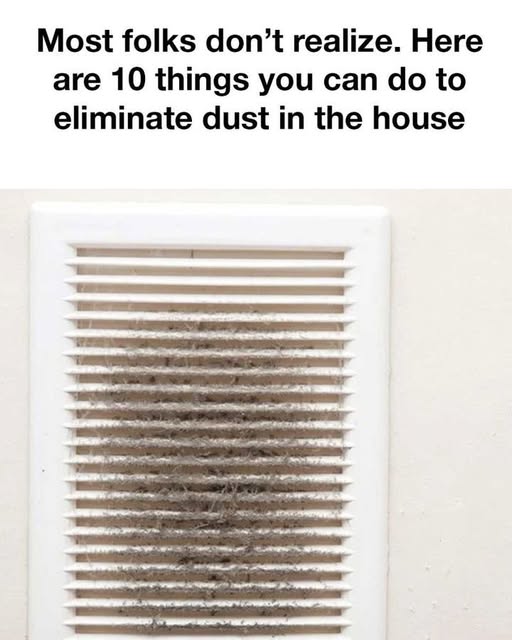Dust can come from outdoors (soil, pollen) and indoors (skin cells, pet dander, fibers). Knowing the sources helps you target cleaning effectively.
Invest in the Right Cleaning Tools:
Microfiber cloths trap dust better than cotton, and HEPA-filter vacuums capture fine particles. Electrostatic dusters help reach high or delicate surfaces.
Create a Dusting Schedule:
Dust and vacuum at least once a week. High-traffic areas, shelves, and electronics may need more frequent attention.
Use Air Purifiers and Filters:
HEPA-filter air purifiers reduce airborne dust. Ensure your HVAC system has high-quality filters and replace them regularly.
Maintain Your HVAC System:
Regular duct cleaning and filter replacement prevent dust from circulating through the home. High-efficiency filters maximize dust trapping.
Choose the Right Vacuum Cleaner:
A vacuum with strong suction and a HEPA filter works best. Adjust settings for different floor types and empty the dust container or bag regularly.
Use Microfiber Cloths Effectively:
Dry microfiber cloths work for general dusting; damp cloths remove stubborn dust. Wash them often to maintain efficiency.
Minimize Dust from Fabrics:
Wash bedding weekly in hot water. Vacuum or steam-clean upholstery regularly. Use washable pillows and mattress covers. Consider blinds instead of heavy drapes for easier cleaning.
Incorporate Green Plants:
Plants like spider plants, peace lilies, and rubber plants can trap dust and improve air quality. Wipe leaves periodically to prevent dust buildup.
Keep a Clutter-Free Home:
Clutter provides more surfaces for dust to settle. Store items in bins or cabinets and keep shelves, countertops, and floors clear.
Tips for Maximum Effectiveness:
